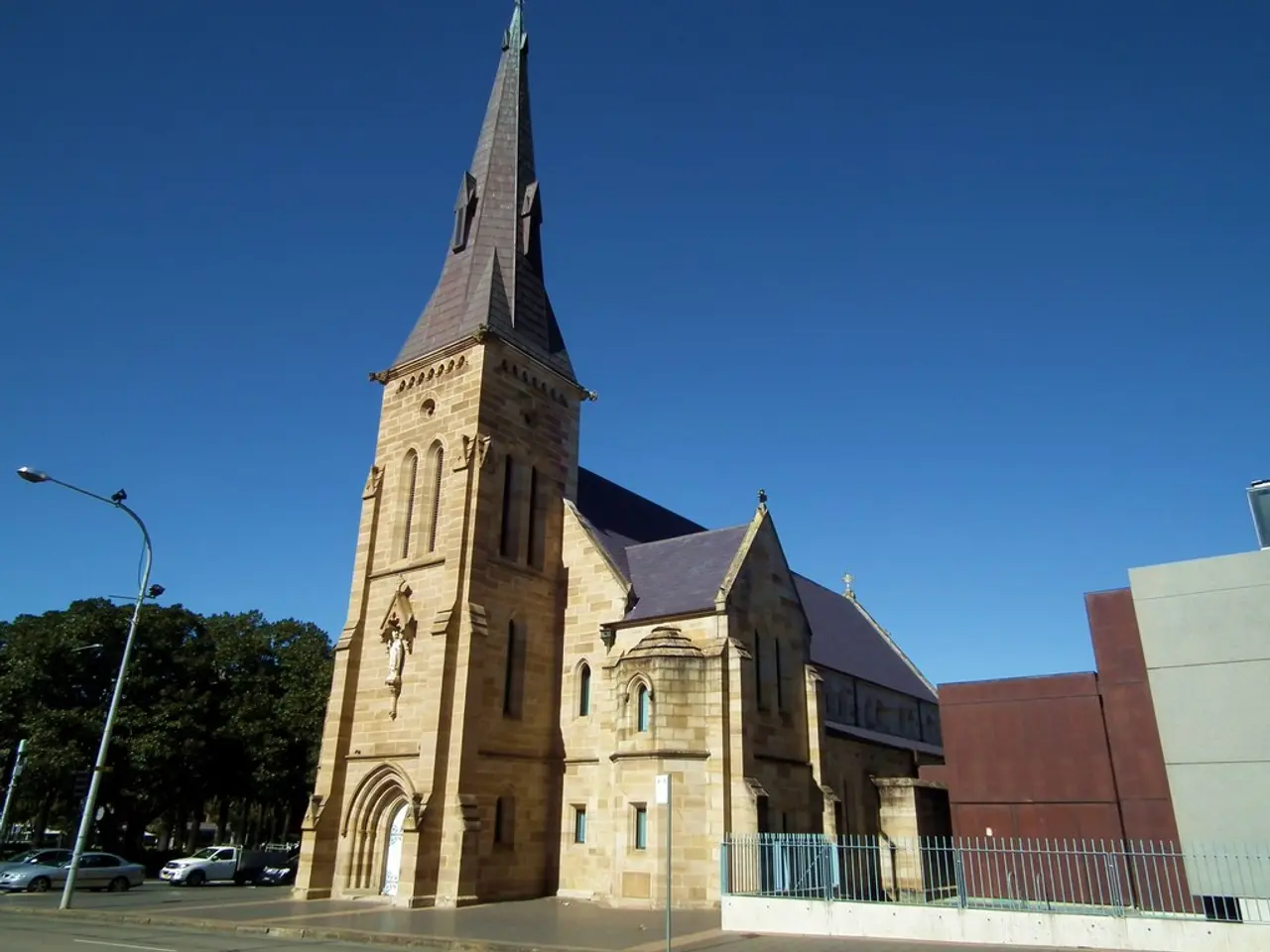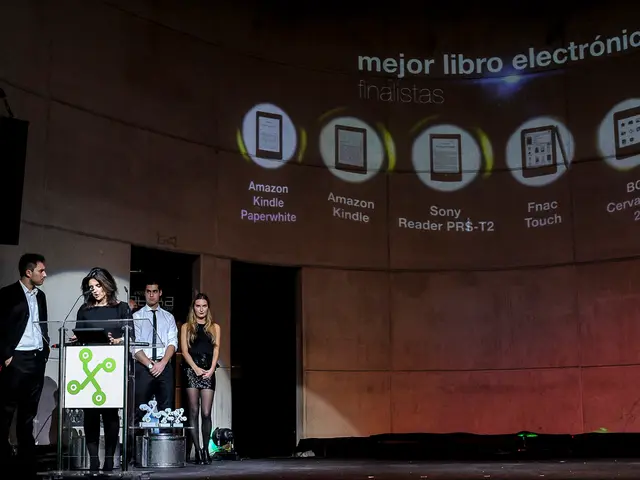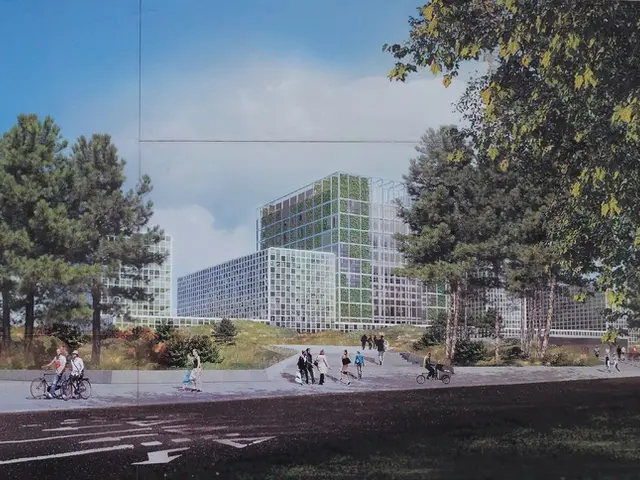Accelerating the rollout of clean energy sources to avoid the expiration of corresponding credits
In an effort to promote clean energy and boost energy resilience, Schneider Electric has unveiled the Accelerating Resilient Infrastructure Initiative. This initiative aims to speed up the deployment of resilient, community-based energy systems across the country, particularly in areas that desire more control over their energy sources and seek increased resilience.
Under the initiative, energy-as-a-service companies, such as Schneider Electric, will install clean energy upgrades and be paid over time using the savings those upgrades guarantee. Alternatively, energy companies can design, build, own, operate, finance, and maintain the energy system, and be paid a recurring fee.
The initiative is framed as a response to the urgency of starting construction on clean energy projects before key tax credits sunset. Qualifying solar and wind projects need to start construction before the beginning of July 2026 to take advantage of clean electricity production and investment credits.
The Piscataway project, for instance, is expected to deliver $19 million in savings over 20 years. Schneider Electric has previously installed a 2.9-megawatt solar and microgrid system across eight municipal buildings in Piscataway, New Jersey. Similarly, a 4.2 MW solar project across 10 school buildings in Texas is projected to save the Longview Independent School District $450,000 annually in utility costs.
These projects, while small in scale, are specific to the needs of the impacted community. Schneider Electric will act as a coordinator and make its technologies, such as microgrids and electric vehicle charging solutions, available for deployment.
The initiative has garnered support from over 20 developers, infrastructure providers, electrical distributors, and insurers, including AlphaStruxure, Sunrock Distributed, Zurich, and Microsoft, among others. Partners in the Accelerating Resilient Infrastructure Initiative, such as Unison Energy, Verdant Microgrid, and Sunrock, collectively have $7.5 billion in deployable capital for energy resiliency projects.
This capital is not exclusive to projects pursued through the initiative. Public entities pursuing energy resiliency projects can access this capital through performance contracting, a method that guarantees energy savings. The initiative can help communities drive up energy efficiency or help them create on-site generation.
The Accelerating Resilient Infrastructure Initiative aims to create a sense of urgency for customers to have the opportunity to have resilient infrastructure, due to both tax credits and general conditions in the areas where they live. By accelerating the deployment of resilient, community-based energy systems, the initiative hopes to contribute to a more sustainable and resilient future for all.
However, there are no specific details in the search results about the companies involved in the "Accelerating Resilient Infrastructure Initiative" or the exact amount of deployable capital available to support such projects. Nonetheless, the initiative represents a significant step forward in the pursuit of cleaner, more resilient energy solutions for communities across the United States.
Read also:
- Reporter of Silenced Torment or Individual Recording Suppressed Agony
- Solar panel troubles on rooftops
- EPA Administrator Zeldin travels to Iowa, reveals fresh EPA DEF guidelines, attends State Fair, commemorates One Big Beautiful Bill
- "Divine Protections Failed: Father Battling for Life After Flesh-Eating Bacteria Infection"








